
On the eve of the general elections in Morocco on 8 September (2021), the Secretary General of the armed and totalitarian Polisario Front movement, Brahim Ghali (whose real name is Ibrahim Mustafa), addressed a letter to the Secretary General of the United Nations in which he protested Morocco's readiness to hold elections in the territory of the Sahara. The response to this letter came from the Sahrawi population itself, and Morocco's permanent representative to the UN, Ambassador Omar Hilale, was quick to convey its contents to the international community. It was in a letter dated 10 September that the UN Secretary General himself, António Guterres, sent to the 193 members of the UN.
The Letter, referring to the general elections held in the Kingdom of Morocco, including its territory of Western Sahara, reported on the considerable participation of Moroccans, with particular emphasis on the high turnout in the regions of the Moroccan Sahara. This high turnout of the Saharawi population, according to the Moroccan ambassador, is "a new confirmation, through the ballot box, of the unbreakable attachment of the citizens of the Southern Provinces to their Moroccanness".
The letter informs all members of the international community that 8 September 2021 was a historic day for Morocco, marked by the holding, for the first time and on the same day, of legislative, communal and regional elections throughout the national territory, including the Moroccan Sahara. It notes that "the national turnout reached 50.35%. This is a record rate compared to previous elections, despite the constraints imposed by the COVID-19 pandemic ″.
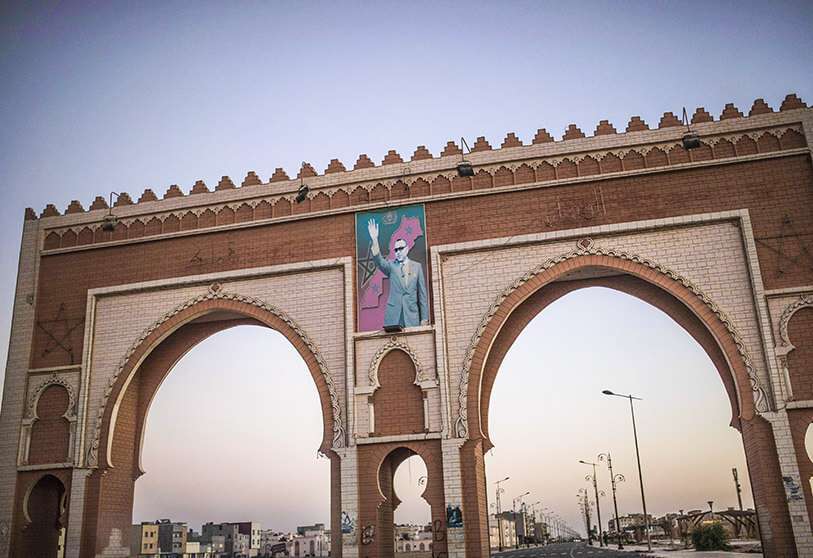
Concerning the elections held in the southern provinces of the Kingdom, which Algeria claims for its Polisario, the ambassador stressed that "in the Moroccan Sahara, the participation rate reached 66.94% in the region of Laâyoune-Sakia El Hamra and 58.30% in the region of Dakhla- Oued Ed Dahab".
He also highlighted that, at the provincial level of each region, the participation rate has been even more relevant. In the provinces of the Dakhla-Oued Ed Dahab region, it was 79.64% in the province of Aousserd and 54.40% in the province of Oued Ed Dahab. While in the provinces of the Laâyoune-Sakia El Hamra region, these rates registered 85.20% in the province of Tarfaya, 67.37% in the province of Es-Smara, 68.65% in the province of Laâyoune and 64.10% in the province of Boujdour".
Ambassador Hilale also stressed that these elections were held in the presence of no less than 5020 independent observers representing national and international bodies, institutions and organisations from several continents, as well as several parliaments.
These attentive independent observers affirmed, according to Mr Hilale, that the elections took place in a calm atmosphere, in good conditions, with transparency and in accordance with international standards for democratic elections.
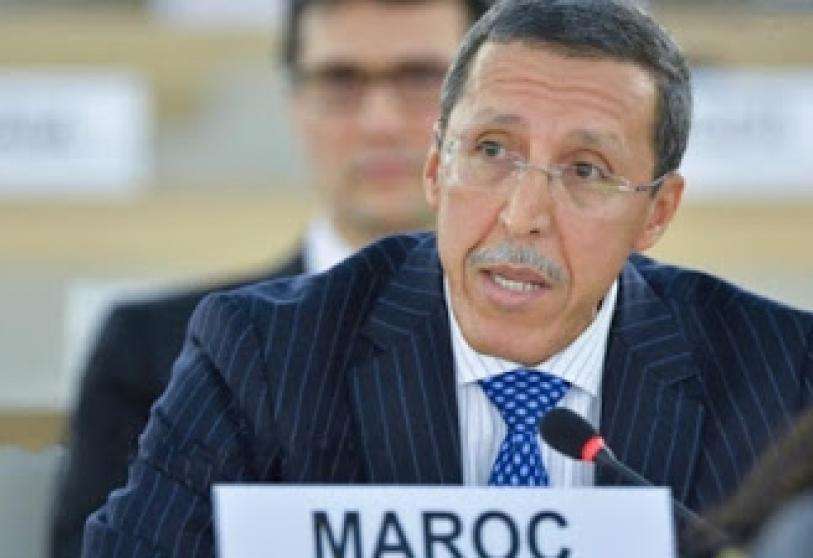
It is a letter in which the permanent representative of Morocco to the UN sent to the international community, to record the high participation of the Saharawi population in democratic, fair and transparent elections to elect their representatives at local, regional and parliamentary level. It is "a new confirmation, through the ballot box, of the unshakeable attachment of the citizens of the Southern Provinces to their Moroccan identity", Omar Hilale affirms.
However, the letter limits itself to giving data on the rate of participation in these elections in the Saharawi territory, but does not give the results of the vote, nor the distribution of the vote according to the participating parties, nor does it mention the winners.
It is therefore appropriate to point out that in the Dakhla - Oued Ed-Dahab region, 9 parties competed for the 33 seats reserved for this region. Ynja Khattat, outgoing president of the Istiqlal Party, was re-elected again president of this Saharawi region with 29 votes out of a total of 33 votes. His party, the Istiqlal, won 11 seats, followed by the RNI with 7 seats, the MP with 5 seats, while the rest of the seats have been distributed among the remaining parties. It should be recalled that Mr. Khattat is a former Polisario member who returned to his country Morocco, like thousands of repentants. He is now a prominent figure, very active and effective in the development of his region, which is why he was re-elected without a problem and with a large majority.
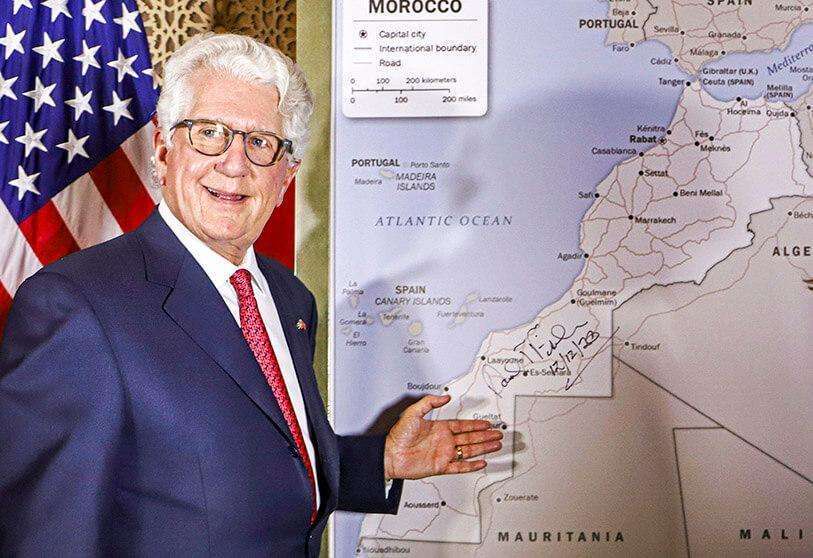
In the Laâyoune-Sakia El Hamra region, 10 political parties competed for the 39 seats in the regional council. Sidi Hamdi Ould Rachid of the Istiqlal party was re-elected president of the region for the second time with 29 votes, counting on the alliance between PI, RNI and PAM. The Istiqlal won 16 of the 39 seats, the RNI 9, the PAM 7, the USFP 3 and the remaining 4 were shared among the other parties.
It should also be noted that Sidi Hamdi Ould Rachid, a member of the large tribe of Reguibat, together with Ynja Khattat, are participating in the Moroccan delegation as elected representatives of the Moroccan Saharan population at the round table talks organised by the UN, in which Algeria, Mauritania and the Polisario Front are taking part.
Other relevant data on the municipal elections in the Moroccan Sahara can be given for the town of Laâyoune. There, 28 lists were presented to compete for the 28 seats on the municipal council. The votes were counted with 79,957 voters. Of these, the list presented by Moulay Hamdi Ould Rachi of Istiqlal won with 35,076 votes.
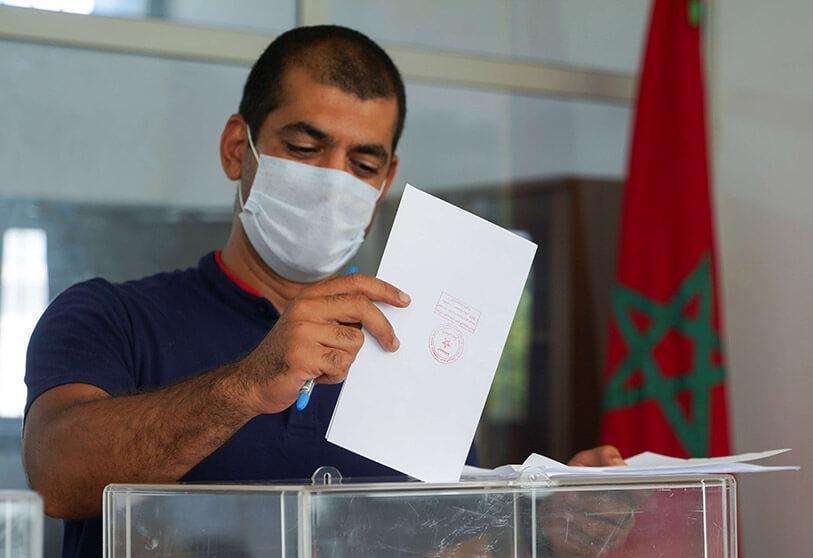
In short, these elections are not only a new confirmation, through the ballot box, of the attachment of the Saharawi population to Morocco, their unbreakable country, as Ambassador Omar Hilale affirms at the UN, but also the exercise of democratic pluralism in the face of the totalitarianism prevailing in Algeria and Tindouf at the hands of the generals and their Polisario forces.
The Saharawis through these elections, with their high participation and transparency, show that they are ignoring, once again, the usual call of the armed Polisario movement for boycott. At the same time and also, it is a material and de facto response to the letters sent by the Polisario Front political-military organisation to the Secretary General protesting every time these democratic elections are held in the Moroccan Sahara, which are conspicuous by their absence in Algiers as in Tindouf.
The last straw is that, despite all this, this totalitarian movement, with no popular mandate and no legitimacy whatsoever, claims to represent the Saharawis, and to be the sole representative of the Saharawis, rejecting all others. The only reference on which it relies is that ridiculous extraordinary general assembly of the Polisario held in June 2016 following the death of Mohamed Abdelaziz in which the regime of the generals in Algiers presented its loyal servant Ibrahim Mustafa, alias Brahim Ghali or/and Ben Bettouch to replace the deceased. He was the only candidate, being elected with 93.19% of the votes as secretary general of the Polisario Front and its virtual republic. The number of votes obtained is 1,803.

To be elected with a very high percentage of 93.19, with such a small number of votes of 1,803 and being the only candidate, constitutes in a democracy, as in law, very weak criteria, not to say null and void, to hold and have legitimacy for any representativeness. With these data and circumstances, it is completely untenable to claim the legitimate representation of any people if it exists.
As a comparative indicator, in addition to the above, it is worth noting that in the Sahrawi town of Laâyoun alone, 10 political parties participated in the municipal elections and 79,957 people voted. He is Hamdi Ould Rachid who won with 35,076 votes.
With all this, it is a daring and an insult to intelligence that the Polisario, its secretary general and its tutors in Algiers, continue to pretend that this authoritarian movement has any representation in the Sahara. A territory from which they have been completely disconnected for almost half a century.
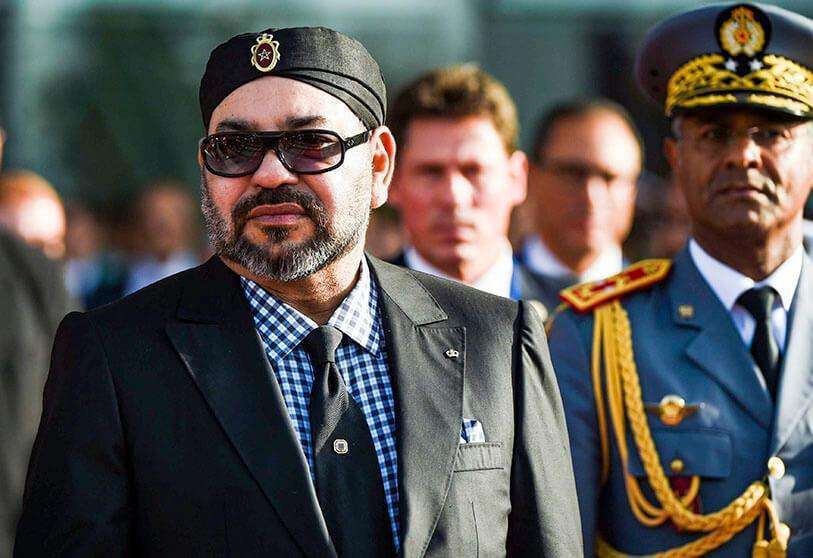
The Polisario's insistence on not recognising this harsh reality shows that they are in their cloud, living in a false illusion far from reality. It is also shameless to try to delegitimise the democratic representation of Saharawis elected in all transparency and freedom by a pluralistic population.
These are elected Saharawis who are today participating in a civil society in the economic and social development of the territory as in the rest of Morocco. They have high hopes and great prospects for a great democratic Maghreb. They are Sahrawis, children of the Almoravids who founded Marrakech in 1062, who dream of progress in the Sahara and of becoming an example of democracy that will spread to the other regions of the Maghreb where it is lacking.






